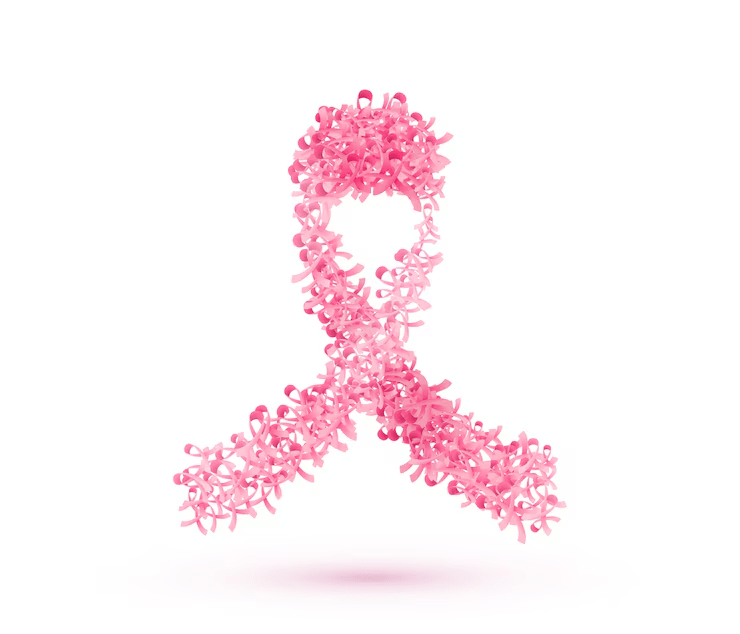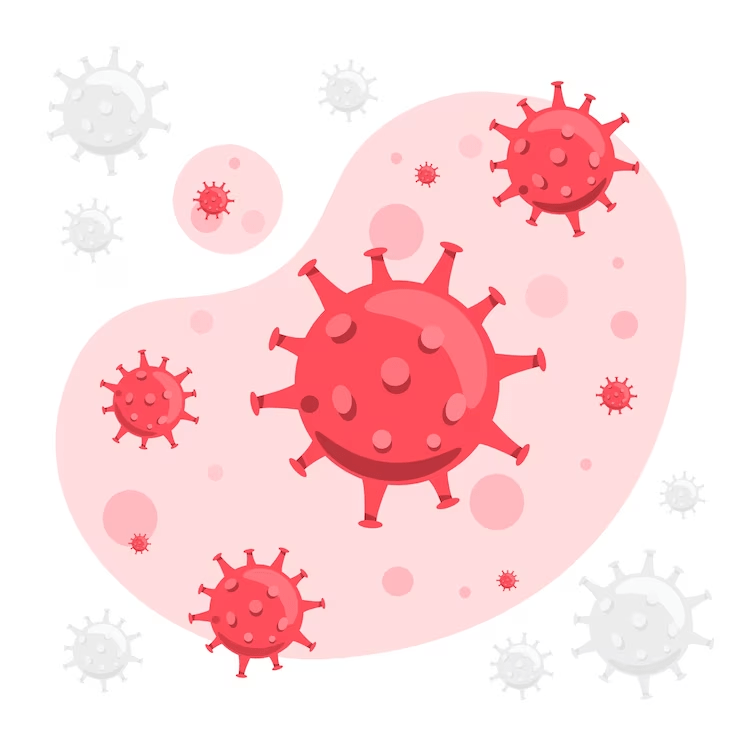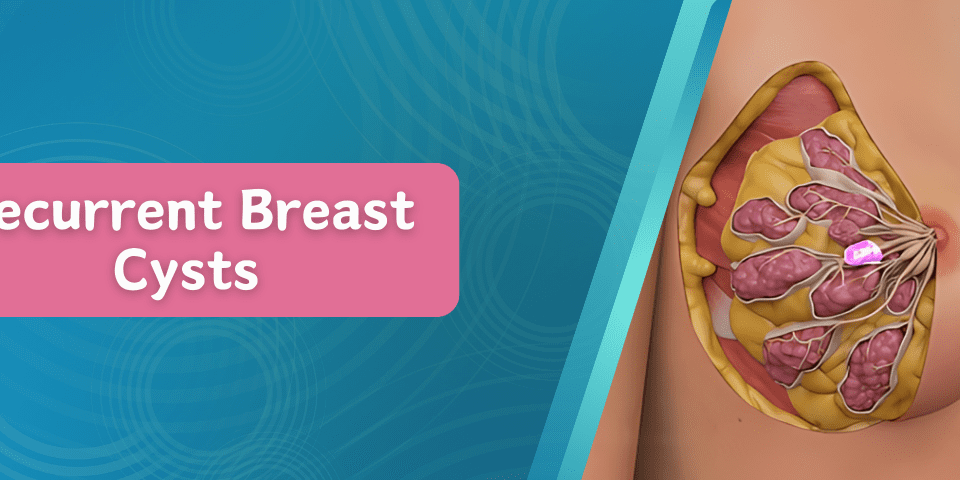Pain 3 Weeks After Mastectomy

Basal Cell Carcinoma on Breast
April 21, 2024
Recurrent Breast Cancer After Mastectomy
May 8, 2024Experiencing pain three weeks after a mastectomy is a common issue that many individuals face during their recovery process. Navigating this phase can be challenging, requiring expert advice and support to manage effectively.
In this context, Dr. Garvit Chitkara, a breast cancer surgeon in Mumbai becomes a great resource for patients. With over 15 years of experience, his insights on post-mastectomy pain management are for those seeking guidance during their healing journey.
Let’s explore strategies to reduce discomfort and ensure a smooth recovery.
After a mastectomy, feeling pain for up to a week is normal. This happens when your body is healing and getting used to the changes from the surgery. The pain can be different for everyone. It might be a mild ache, a feeling of tightness, or a sharp pain where the surgery was done. It’s important to manage your pain well so you can heal properly and still do your everyday activities.

Get relief from post-mastectomy pain. Contact us today!
Ever wonder why you’re still feeling pain three weeks after your mastectomy? Let’s dive in and uncover the reasons together!
Causes for Pain 3 Weeks After Mastectomy

Three weeks after a mastectomy, you might feel pain for a few reasons.
●Healing: Your body is still healing the surgical site. This duration can vary from person to person This can make you feel sore or tender.
●Scar Tissue: As the wound heals, scar tissue forms, which might feel tight and uncomfortable.
●Nerves Fixing Themselves: Sometimes, surgery affects your nerves. As they start to heal, you might feel sharp or shooting pains.
●Swelling (Lymphedema): If lymph nodes were removed during surgery, you might get swelling in your arm or chest, which can be painful or give you a feeling of heaviness in the arm..
●Stiff Muscles: Your muscles might feel stiff and sore because you’ve been moving differently or not as much.
●Infection: If the surgery area gets infected, it will hurt more and might look red or swollen.
●Feeling Stressed: Feeling worried or sad can actually make the pain feel worse.
It’s important to take care of yourself and follow any advice from your doctor to help with the pain. If the pain gets really bad or if something doesn’t look right, you should tell your doctor.

Experiencing pain 3 weeks post-mastectomy? Find relief with us today! Contact us!
Curious about what’s in store during your recovery journey? Let’s walk through it together and ease any uncertainties!
What can one expect during the recovery process?
A unique recovery from mastectomy is approved for every individual patient; however, some common things one might expect from the whole process are following.
●Rest: First of all, you’ll require a good deal of recovery time after the operation. Your mind and body have been strained a lot, and sleep is when they try to repair any physical and mental imbalance and maintain a good condition.
●Pain and Discomfort: It is natural for a person to wonder if pain or discomfort is from the site of the surgery. This may improve with duration of treatment. However, your doctor can prescribe drugs to help.
●Drain Tubes: The drains may be inserted in the area near your surgery to drain out collected fluids / lymph. These are. Removed by your doctor based on the amount of the fluid being drained.
●Movement of the limbs and physiotherapy: contrary to the popular belief that the surgical site should not be moved much it is advisable to start physiotherapy exercises from next day of the surgery. Ask your doctor to get you in touch with a ohysitherapist who is trained in breast surgery physiotherapy. It has been seen that early initiation of exercises decreases the shoulder movement problems considerably.
●Emotions: Sometimes, people experience different emotional states, such as sadness, anxiety, or anger. It’s a significant challenge, but discussing your feelings can truly make a difference.
●Follow-up Care: There will be scheduled visits with your doctor to test on your recovery and to talk about the future steps.
●Exercises: You will be given the additional activities which are going to assist your arm as well as shoulder move smoothly. It is crucial for you to follow them in the same way as any doctor or physical therapist advises.
●Signs to Watch For: Your doctor will let you know about signs of infection and other complications to watch out for, like fever and unusual swelling, so you can identify them early.
●Support: Joining a support group or associating with a counsellor is very possible to gain the help you need.
Remember, recovery takes time, and it’s okay to ask for help from friends, family, or healthcare professionals as you heal.
Discover lifestyle changes to manage pain effectively. Take the first step towards a more comfortable life. Contact us today!
Ready to tweak your lifestyle for better pain management? Let’s explore simple changes that can make a big difference!
Lifestyle modifications for pain management

Managing pain, especially after surgery or due to chronic conditions, often requires more than just medication. Making some changes in your lifestyle can significantly help in reducing discomfort and improving your quality of life.
Here are some simple and effective lifestyle modifications for pain management:
●Move More: Pushing yourself to do a small amount of activities like walking or stretching each day can be beneficial. It benefits you a lot and helps to strengthen your muscle bundles and relieve pain.
●Eat Healthy: Adding these to your routine could help you manage pain better. You might also consider cutting back on snacks and sweets.
●Sleep Well: Getting a full night’s sleep helps your body heal and reduces the need for painkillers. Stick to a regular sleep schedule and wake up at the same time every day.
●Relax: Stress makes pain even worse. Find out some easy things that can be done, for instance, deep breathing or other pleasurable activities to increase happiness, which leads to reduction in stress levels.
●Drink Water: It’s important to drink plenty of water. Sometimes, you might still feel thirsty, but not drinking enough can actually make pain feel worse.
●Quit Smoking: Smoking slows down your body’s ability to heal and can extend your recovery time. It’s a good idea to consider taking a break from it.
●Manage Your Weight: It is a known fact that the added weight can make your joints press harder and lead to pain and exacerbation. Upholding a right diet and engaging in more physical activities are some key strategies that can ensure that your weight is under control.
●Physical Therapy: Seeing a therapist and getting exercises specifically made to reduce pain can be very helpful in some cases.
These changes can help you feel better and manage pain more effectively. Always talk to a doctor before making big changes, especially if you’re dealing with a lot of pain.
Struggling with pain three weeks post-mastectomy? Let’s discover effective remedies together and get you feeling better soon!
Take the next step towards a pain-free future. Reach out to us today and regain control of your life.
Conclusion
Three weeks after a mastectomy, experiencing pain is normal. To manage this pain, follow your doctor’s advice closely. Applying cold and warm compresses can reduce swelling and ease muscle tension. Light exercises can improve flexibility, while ensuring rest and wearing comfortable clothes aids recovery. Eating well, staying hydrated, and keeping a good posture can also lessen discomfort. Emotional support is key, so reach out to loved ones or support groups. Keep in touch with your healthcare team about your pain levels to adjust your treatment and make recovery smoother.
FAQs
What are the best foods for mastectomy recovery?
For mastectomy recovery, eat a balanced diet of fruits, vegetables, whole grains, and lean proteins to reduce inflammation and aid healing. Stay hydrated by drinking plenty of water.
When can I raise my arms after mastectomy?
Start the movements early under the guidance of your doctor and the physiotherapist You can start with gentle arm movements soon after your surgery. However, fully raising your arms might take a few weeks. Always follow the guidance of your doctor and any specific instructions they provide.
Are there any specific exercises or activities I should avoid during the recovery period?
Yes, you should avoid heavy lifting and strenuous activities until your doctor approves. Generally, this means not lifting anything heavier than 10kgs for the first few weeks after surgery.
Should I sleep upright after mastectomy?
Sleeping in a slightly upright position can indeed help with reducing swelling and discomfort. Use pillows to prop yourself up and maintain a comfortable position while you sleep.
Reference links:
https://www.healthline.com/health/breast-cancer/mastectomy-recovery

